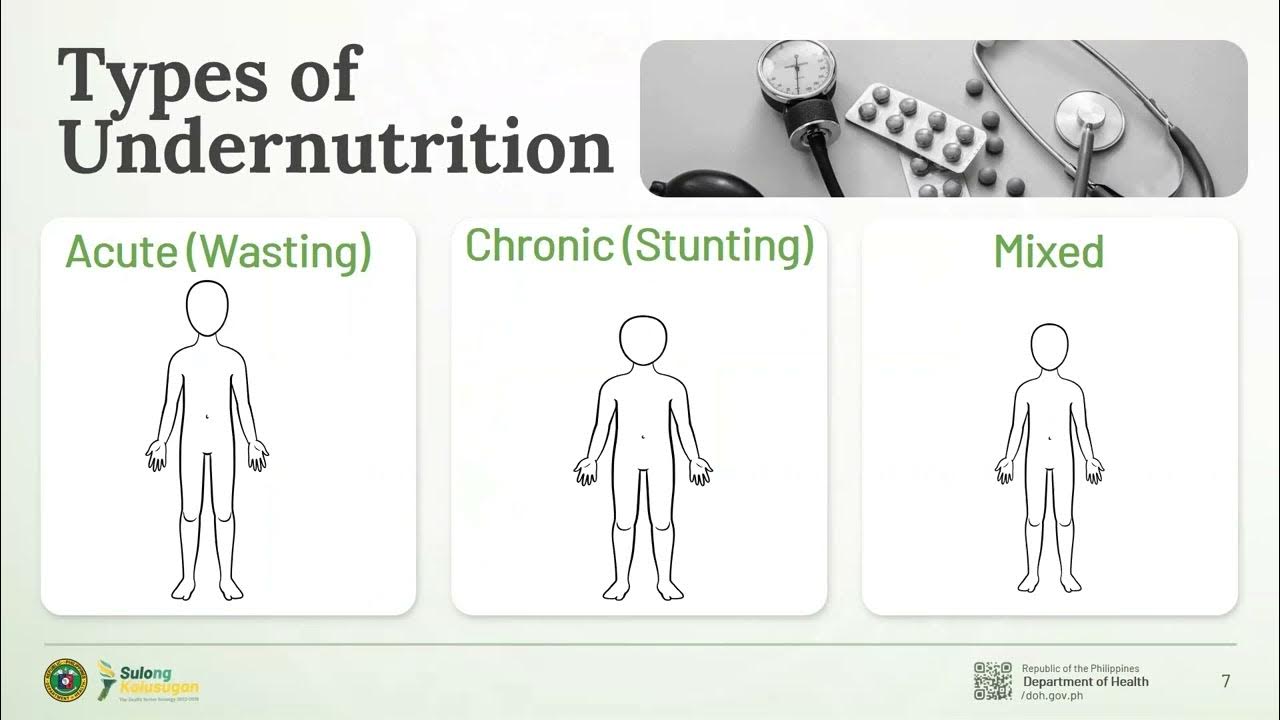The healthy debate between cooked vegetables and raw vegetables | GMA
Summary
TLDRIn this informative segment, registered dietitian and nutritionist Maya Feller discusses the impact of cooking methods on the nutritional value of various vegetables. She reveals that while some nutrients like lycopene in tomatoes are enhanced by cooking, others such as beta-carotene in carrots become more potent when boiled. Feller also highlights the benefits of consuming raw garlic for its anti-cancer properties and emphasizes the importance of pairing fat-soluble vitamins with olive oil for better absorption. The segment encourages viewers to consider their cooking methods to maximize the nutritional benefits of their vegetables.
Takeaways
- 🥦 Broccoli is a nutrient powerhouse, rich in vitamin K, C, folate, fiber, and antioxidants, which help reduce damaging free radicals in the body.
- 🍅 Tomatoes are a great source of lycopene, which has been linked to a reduced risk of heart disease and decreased chances of developing some cancers. Cooking tomatoes with high heat can increase their antioxidant activity and lycopene content.
- 🥕 Carrots are high in beta-carotene, and boiling them makes the beta-carotene more potent, suggesting that cooked carrots may be more beneficial.
- 🥗 Cooking tomatoes in olive oil is recommended as it increases the plasma lycopene, which is linked to heart health benefits.
- 🥦 The way you prepare vegetables can significantly affect the amount of nutrition you get from them, with some vegetables offering more benefits when cooked.
- 🥕 Raw garlic has strong anti-cancer components, but cooking it can also be beneficial depending on the dish.
- 🌿 Leafy greens are rich in fat-soluble vitamins A, D, and K, and consuming them with a little bit of olive oil can enhance their nutritional benefits.
- 🍅 Lycopene in tomatoes is better absorbed when cooked, especially when combined with olive oil.
- 🥦 The nutritional value of vegetables can vary depending on whether they are eaten raw or cooked, and understanding these differences can help maximize their health benefits.
- 🥬 Cooking methods such as boiling and using olive oil can enhance the bioavailability of certain nutrients in vegetables.
Q & A
What are some of the key nutrients found in broccoli?
-Broccoli is a great source of vitamin K, C, folate, fiber, and antioxidants, which help reduce damaging free radicals in the body.
Is there a difference in the nutritional value of raw versus cooked broccoli?
-The script does not specify the difference between raw and cooked broccoli, but it implies that the method of preparation can affect the nutritional value of other vegetables.
What is lycopene and how does cooking affect its availability in tomatoes?
-Lycopene is a powerful antioxidant linked to reduced risk of heart disease and decreased chances of developing some cancers. Cooking tomatoes, especially with a thermal processing technique, can increase their antioxidant activity and lycopene content.
Why is cooking tomatoes in olive oil recommended?
-Cooking tomatoes in olive oil is recommended because it increases plasma lycopene levels, which is associated with heart health benefits.
What nutrient in carrots becomes more potent when they are boiled?
-When carrots are boiled, the beta-carotene they contain tends to be more potent, making it easier for the body to absorb.
What is the best way to consume carrots to maximize their nutritional benefits?
-Boiling carrots is suggested as a method to enhance the potency of beta-carotene, thus maximizing their nutritional benefits.
What are the anti-cancer components found in garlic?
-The script does not specify the exact anti-cancer components in garlic, but it mentions that raw garlic contains strong anti-cancer properties.
Why is raw garlic considered to have stronger health benefits than cooked garlic?
-Raw garlic is believed to have stronger health benefits due to its anti-cancer components, which may be less potent when garlic is cooked.
What fat-soluble vitamins are found in leafy greens and how should they be consumed for maximum absorption?
-Leafy greens contain fat-soluble vitamins A, D, and K. To maximize absorption, they should be consumed with a source of fat, such as a little bit of olive oil.
What is the significance of the plasma lycopene mentioned in the script?
-Plasma lycopene refers to the level of lycopene in the blood, which is linked to the reduced risk of heart disease and certain cancers, and is increased when tomatoes are cooked in olive oil.
How can the nutritional content of vegetables be maximized through cooking methods discussed in the script?
-The nutritional content of vegetables can be maximized by using specific cooking methods such as boiling carrots to increase beta-carotene potency, and cooking tomatoes in olive oil to enhance lycopene absorption.
Outlines

This section is available to paid users only. Please upgrade to access this part.
Upgrade NowMindmap

This section is available to paid users only. Please upgrade to access this part.
Upgrade NowKeywords

This section is available to paid users only. Please upgrade to access this part.
Upgrade NowHighlights

This section is available to paid users only. Please upgrade to access this part.
Upgrade NowTranscripts

This section is available to paid users only. Please upgrade to access this part.
Upgrade NowBrowse More Related Video

Alimentos permitidos na DIETA CARNIVORA I Fabiane Silverio

The Unhealthiest Way to Cook Your EGGS! Dr. Mandell

CARNE ROSSA: DAVVERO NEMICA DELLA SALUTE?

TEKNIK PENGOLAHAN PANGAN - MATERI PRAKARYA KELAS VIII SEMESTER 2

Les troubles du comportement alimentaire chez l’adolescent - Question Nutrition

17 Nutrition Care Process on Pediatric Malnutrition
5.0 / 5 (0 votes)